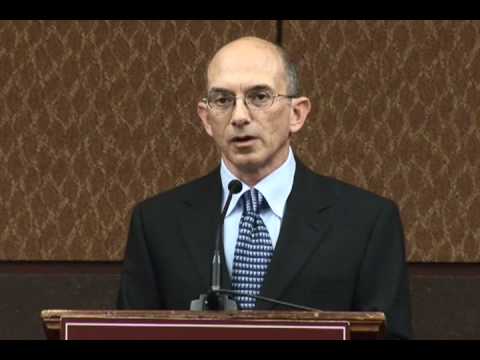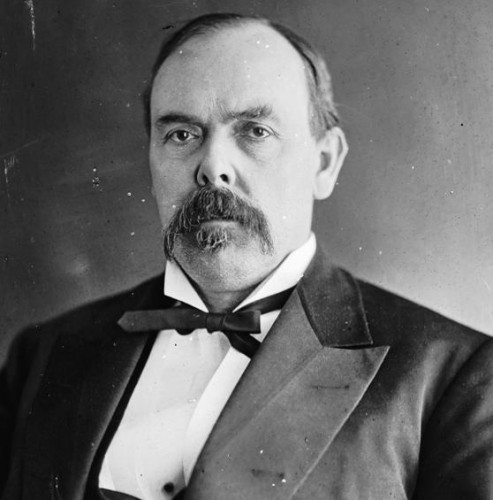Richard Epstein, Rand Paul’s Fatal Pacifism:
There is nothing in libertarian theory that justifies dithering at home as conditions abroad get worse by the day.
This point has been one of the main differences among people who consider themselves libertarian. Libertarian isolationism in response to threats of aggression from overseas is like a self-defense strategy in which you let an assailant shoot at you before you think yourself justified in shooting back. In reality you sometimes have to take preemptive action if you want to survive. Life isn’t a court of law where you have the luxury of due process before deciding if you are justified in punishing the accused. An individual, group or nation that behaves in a way that reasonable people see as threatening should have no expectation of being left alone by potential victims.



